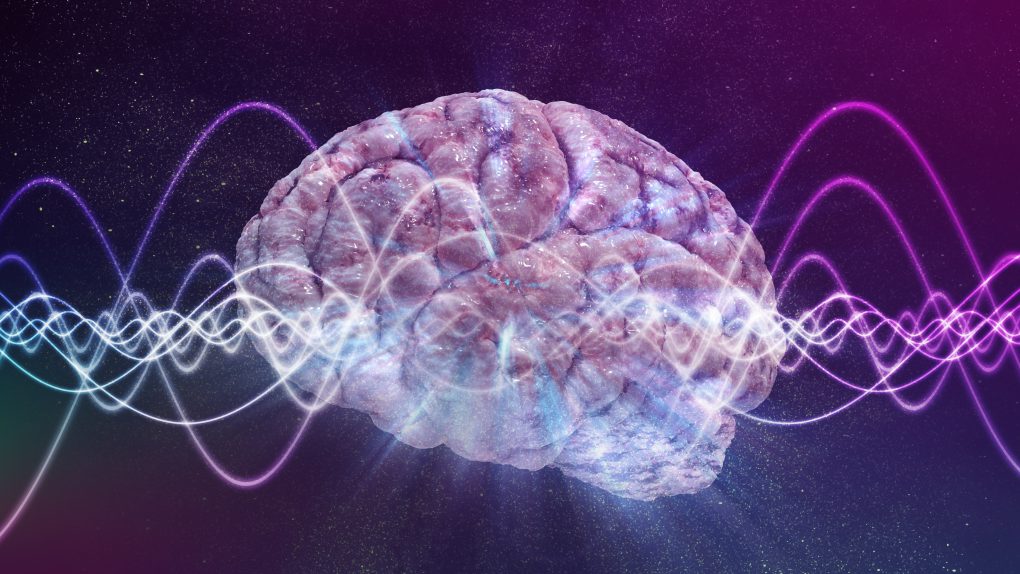What if I told you there is a simple memory improvement game you can use to help you stop forgetting things? Memory is a fickle thing. In fact, it’s probably one of the ficklest things you’ll ever encounter in life. From forgetting where you put your keys to forgetting a loved one’s birthday, or, even worse, an anniversary, your memory can sabotage you. But that doesn’t have to be the case.
According to research conducted by a professor of psychiatry and neurology at Columbia, there is a simple memory improvement game that people can use to help them stop forgetting things. This isn’t exactly unusual, as we’ve seen multiple science-backed tricks to help improve your memory pop up in the past. In fact, there are even proven training methods that improve your memory drastically.
For many, though, taking part in those activities might seem out of the way. But, with this science-backed memory improvement game, you could easily improve your memory, while also enjoying your morning coffee.
To discover this memory improvement game, researchers tested a large group of individuals broken down into two groups. The first group played computer games, while the second group took part in crossword puzzles.

After weeks of testing, the researchers discovered that the group completing crossword puzzles fared much better in terms of memory and cognitive functions than those who had taken part in computer games. As such, it seems that crosswords could work as a memory improvement game for many who enjoy taking part in those activities.
“This is the first study to document both short-term and longer-term benefits for home-based crossword puzzles training compared to another intervention,” said Dr. Devanand, one of the authors on the research. “The results are important in light of difficulty in showing improvement with interventions in mild cognitive impairment.”
Of course, this study is just a small taste of what a memory improvement game could actually offer if utilized more thoroughly in patients requiring help with their memory. But, if it can help cut down on the fickleness of our memories, it could help increase cognitive function for those struggling with diseases that target memories, like Alzheimer’s.








